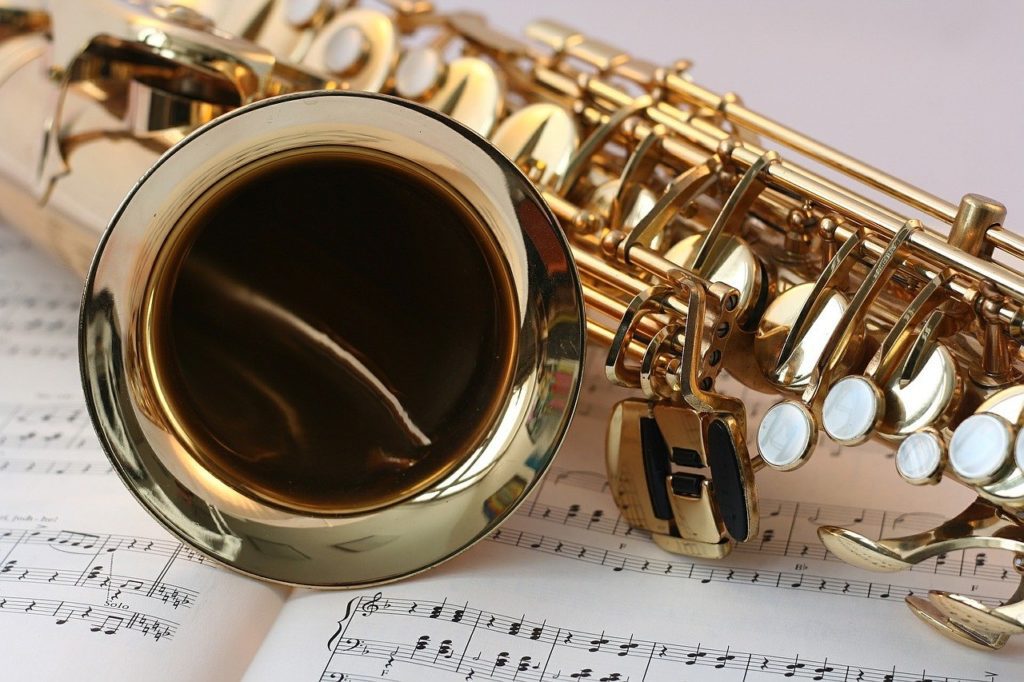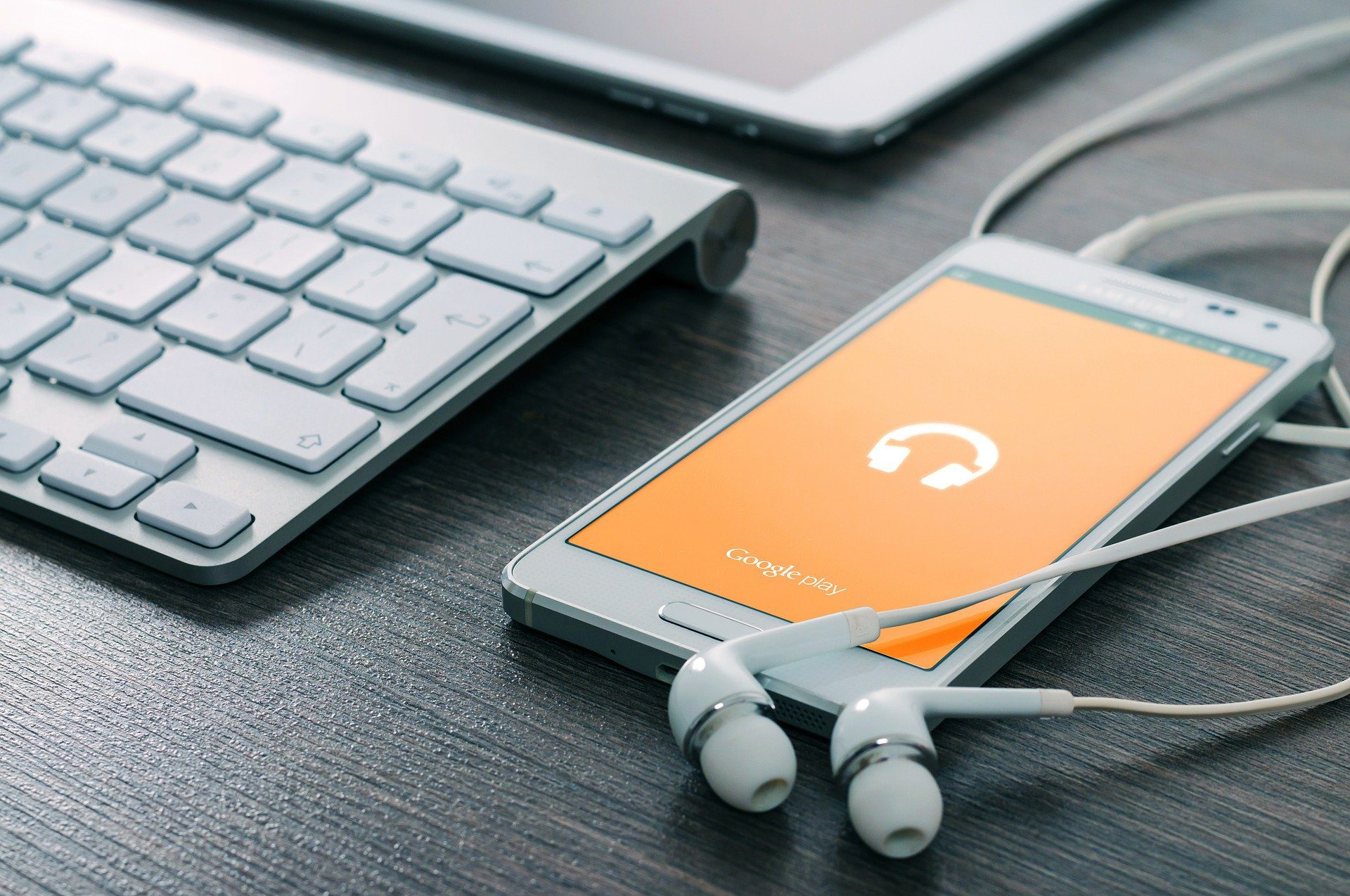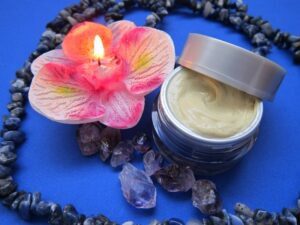Music calms our soul, and we feel very much relaxed and satisfied with listening to our favorite musical songs. Listening to music endows a lot of physical and mental health benefits in various regards. Also, there are several tips or ways to use music for self-care. We have also worked out a few for you to follow and ensure better self-care for your near and dear ones. The most important one is the wish to learn to play new musical instruments, say piano, by taking online piano lessons that will teach you a lot of positive and constructive aspects of self-care.
Table of Contents
1. Music with a slow tempo can calm your tensed nerves.
It is a proven fact that slow music with a bpm (beats per minute) ranging from 60 to 80, the average heartbeat rate in the resting phase, works wonder on our tensed and complex mental mechanism. It soothes our nerves by making them feel relaxed, and we become better able to enjoy the various other activities of routine life. You may create a list of songs with a slower tempo and can listen to them joyfully at your ease. After some time, your nerves will get relaxed, and you will keep enjoying your favorite music for quite a while.
2. The use of music makes it easy to process difficult emotions.
Life is a blend of pleasures and sorrows. We encounter many contrasting phases in our routine life, which often brings us to different moods and emotions. It becomes very tough for us to handle ourselves if we are in the face of difficult emotions. This is where music for self-care comes into play with soothing tunes and tones. The musical songs have consoling and comforting lyrics. They calm us down and enable us to pass through this critical phase peacefully and contentedly. Suppose you live abroad away from your family and are discouraged most of the time, you miss all of them and gradually become home-sick. Here, music with meaningful lyrics and slow rhythmic tones can soothe your heart and soul and keep you mentally strong enough to perform all your responsibilities up to the mark. In other words, one can say that playing or listening to a piece of befitting music always creates a healthy influence on one’s heart and mind.
3. Music helps us pass through the transitional phases of daily life.
There do come so many transitional phases in daily life that may spoil our mood and mental health. Passing through a working phase successfully and then shifting gears to the domestic one requires a special focus on this specific transition’s demands. Music for self-care is the best tool to help you transform from one mood to the other without hurting either one’s needs. After a busy day at the office, listen to some fast tracks while driving back home. These will refuel you with enough energy and agility to fulfill your responsibilities with your family with the same vigor and potential you have worked with while at the office. Likewise, when you drive from home to your office, you need to develop a work-mood for the whole day. Here again, music helps you accomplish this transition pleasantly. So, music does care for us and ensures a smooth transition from one phase to another.

4. Music fills our mind and soul with light stuff and keeps us busy.
Music always inserts light and tender feelings in our hearts, mind, and soul and tends to keep them busy with purple thoughts. Listening to our favorite music never bores us, but keeps boosting our mood and energy all the time. Singing and learning new songs and musical instruments bring relaxation and calmness to our minds. We start feeling that our temperament had also improved much more than before we got involved in learning music for self-care. If you feel that you are too old to learn all this creative art of singing and playing music, be sure that it is never too late to learn in life. I know many people at around 80 learn different musical instruments with zeal and zest and enjoying the later part of their lives thrillingly.
Conclusion
To sum up things, we can say that music for self-care produces healthy and positive impacts on our mood, temperament, cognitive functioning, focus, memory, confidence, etc. If you think that learning and playing music enthusiastically at all ages will also waste a lot of your time, money, and energy, you better have another thought coming.
Featured Image by William Iven from Pixabay




